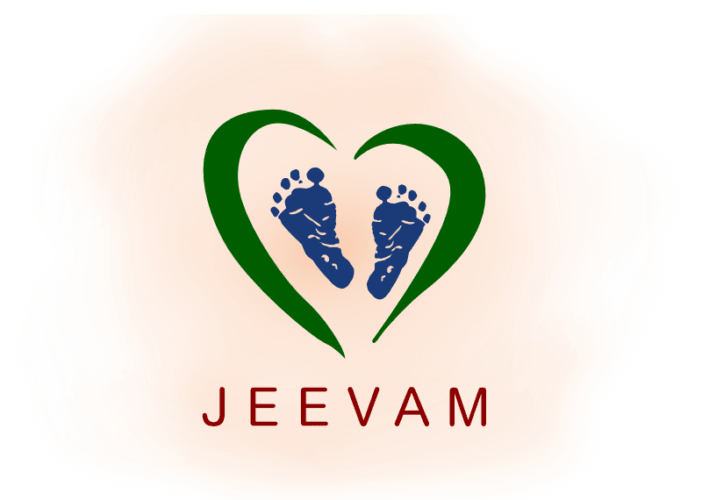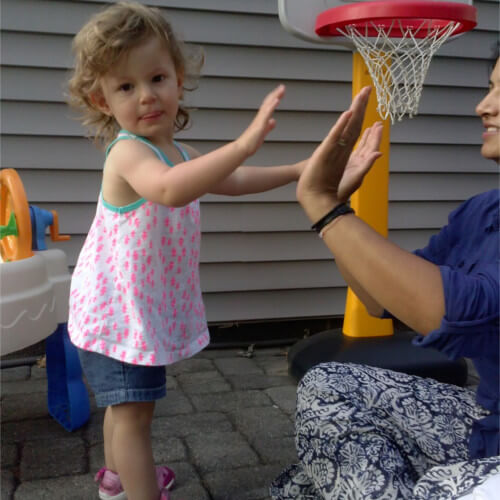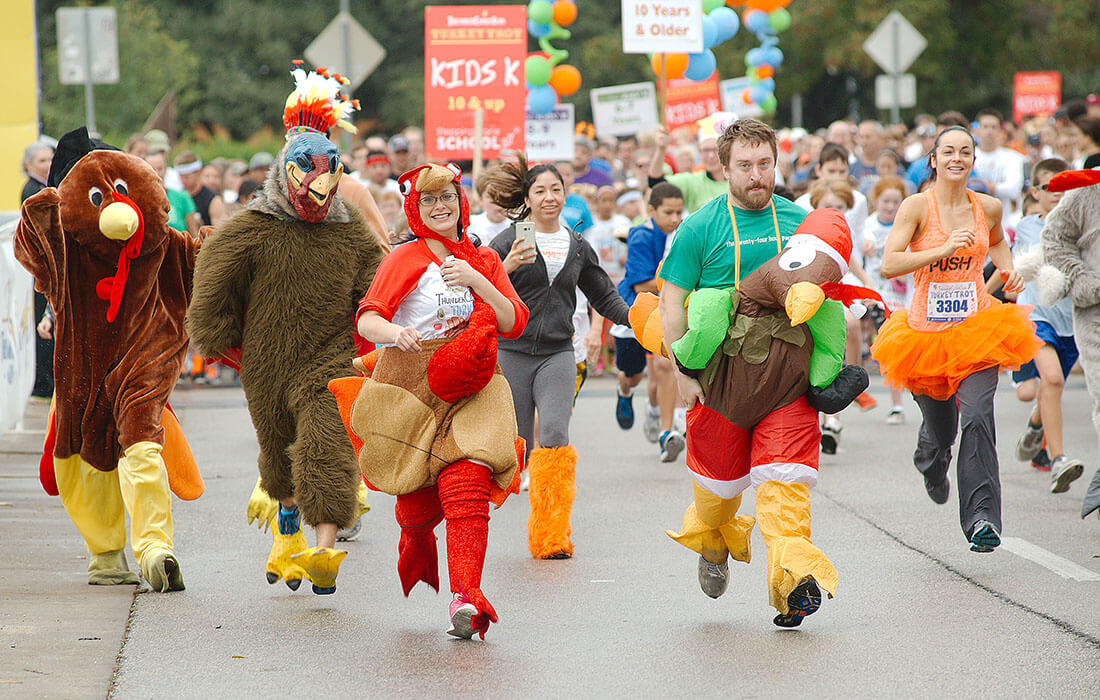Behavioral therapy is a strategy parents can use to treat their child’s ADHD symptoms. Behavioral therapy is often effective at helping a child control her impulsiveness, hyperactivity, and inattentiveness. Pediatric therapy, along with at-home strategies, is helpful in improving the child’s overall behavior.
Pediatric Therapy for ADHD
Many doctors recommend behavior therapy as a form of treatment for young children diagnosed with ADHD. During this time, a behavioral therapist will use several techniques to encourage the child to control his behavior. The therapist can suggest alternate behaviors to use in different situations. For instance, through therapy, a child with ADHD can discover a healthy way to cope when the urge strikes to act out in a violent or disruptive way.
There are several techniques a therapist can employ to alter the child’s negative behavior at home and at school. For example, one method is positive reinforcement. The basis of this technique is to catch the child doing something good and reward the behavior. This reward can be as simple as getting five extra minutes of TV time as a result of completing a homework assignment. If this method is unsuccessful, the therapist may suggest the parent withdraws privileges when the child is not behaving. There can also be a combination of the two techniques where the child can earn stars or points toward prizes and lose stars or points when the behavior is not on point.
Pediatric therapy can also be useful for children who are struggling with social development. Children with ADHD may have difficulty interacting with their peers and have the inability to make lasting friendships. The therapist may meet individually with the child or set up a peer group of kids diagnosed with ADHD. Peer groups allow children to interact under the supervision of a therapist. During this time, they can provide feedback on conflict resolution and practicing good social skills.
Parent involvement is essential for pediatric therapy to work. The therapist can educate the parent on how creating a structured environment and routine will help keep the child on task.
Top 3 Tips for Parents
ADHD treatment must continue at home to make a positive impact on a child’s overall behavior, and keep in mind the following three tips when parenting a child with ADHD:
- Good Nutrition-Medical studies have proven the effectiveness of a well-balanced diet for children with ADHD. Children should eat a diet rich in protein, fruits, and vegetables. Whole foods are best for children with ADHD with a reduction in foods high in sugar. Also, specialists have suggested to their patients to eliminate certain ingredients and substances completely from their diets. According to the American Academy of Pediatrics, children with ADHD should not consume foods with yellow or red dye, aspartame, sodium benzoate, MSG, and nitrites.
- Better Sleep Habits- Getting enough sleep each night will help your child stay focused during the day. Bedtimes need to be consistent with a wind-down period beforehand. A relaxing bath and story before bed may be a good ritual to start, or avoid screen time before bed because this may make it difficult for the child to get sleepy.
- Daily Routines-Set up predictable rituals at home to help your child know what to expect. Hang up a schedule for your child to view, allowing her to see what time she is waking up each morning, doing homework, bathing, mealtimes, and going to bed. Keep afterschool activities to a minimum to avoid overwhelming the child.
Parents, therapists, doctors, and teachers can all band together to supply the child with the tools he needs to manage his symptoms. In the end, he’ll feel more self-control and confidence as he learns to succeed without complete reliance on medication.
Contact Jeevam Therapy for more information!
Source:
- https://www.healthychildren.org/English/health-issues/conditions/adhd/Pages/Behavior-Therapy-Parent-Training.aspx
- http://www.additudemag.com/adhd/article/3577-2.html
- http://www.cdc.gov/ncbddd/adhd/treatment.html
- http://www.webmd.com/add-adhd/guide/adhd-diets#2
Tags: health, wellness, child development, Pediatric therapy, ADHD




